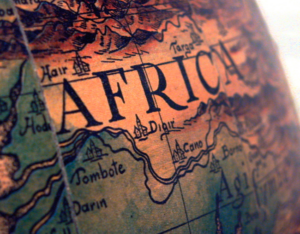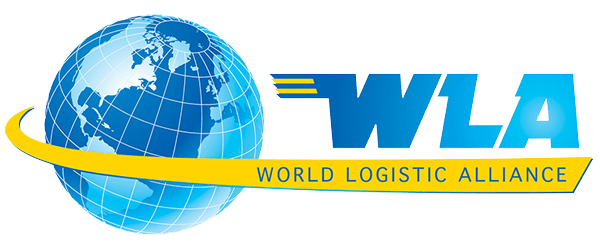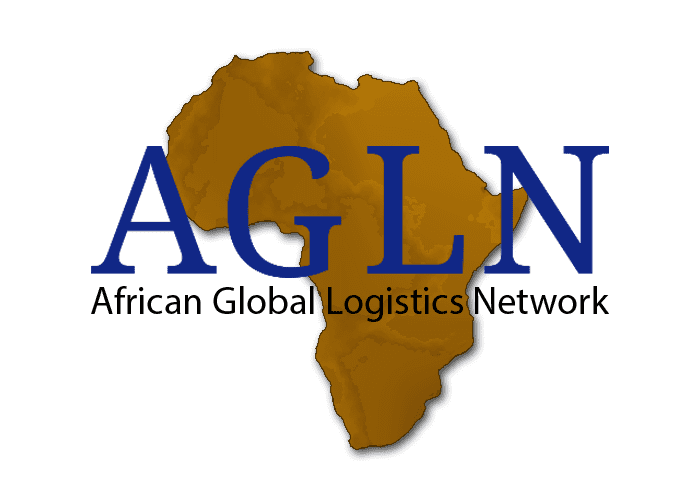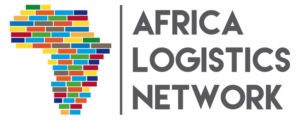The African Continental Free Trade Area (AfCFTA) agreement has entered into force on January 1st of this year 2021, a new era in Africa has started. The agreement has been signed by 54 countries of which 36 have ratified it so far. The aim of the AfCFTA is to progressively eliminate import duties on nearly all goods traded in this continent. Africa represents a huge market of over 1 billion consumers and the population is expected to double in the next 30 years, by 2050. Middle-class population is growing, by 2050 more than half of Africa’s population will be under 25 years old, this represents more than 1 billion consumers.

The challenge

However, African countries not only need to improve their production capacities and public infrastructure but also need to reduce the transport costs, especially the intra-Africa trade transport costs, in order to facilitate and increase the regional trade. Africa has traditionally been an importer of high-value products and finished goods and an exporter of low added-value products.
Oil products and cars are the highest-value imports into Africa. In 2019 for example, Africans spent over 19 billion US$ importing cars. Productivity growth could be reached with industrial investments that encourage the transition of the economic activity from the simple extraction of raw materials to the more complex production of manufactured goods. This can only be achieved if investments are done to improve the existing infrastructure, improve the roads, airports and ports if tax incentives to support producers are granted and with prioritization of regional products in the market by African countries.
A huge potential
There are of course many other obstacles for trading in Africa even with the AfCFTA in place now, lack of infrastructure, certification requirements, bureaucracy, … but the potential in terms of business opportunities are huge and many countries especially China are investing massively in the continent.
Another important factor is the project of implementing a new currency, the ECO, in the ECOWAS zone (Sénégal, Benin, Burkina Faso, Togo, Niger, Côte d’Ivoire, Guinea-Bissau, Mali, Gambia, Guinea, Nigeria, Ghana, Sierra Leone and Cabo Verde) who should replace current CFA Franc, the actual currency of some of the above-mentioned countries.
Au L'Afrique Du Transport Maritime De Conteneurs we believe in the potential of this fantastic continent and are investing locally to better serve our clients offering De A à Z des solutions dans les principaux pays de destination.







